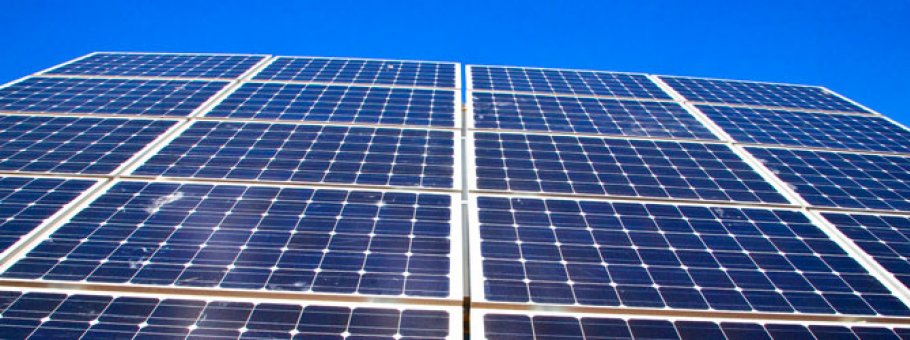Greening WANA
Integrating Islamic and community-driven natural resource management systems for environmental sustainability and conflict resilience

Project Brief
This project aims to roll out community-based natural resource management techniques that promote conflict resilience, equitable resource sharing and environmental good governance. The expected results include the production of an objective evidence base that drives impactful programme strategy and policies supportive of sustainable natural resource management, and the designing of a model for water and common pool resource sharing based on HIMA principles.
Overview
The environmental crisis in the WANA region is both evidenced and broadly admitted. The Arab states have the lowest freshwater availability per capita of any region in the world. Competition for water is now a flashpoint for unrest, particularly in states where resources are unequally distributed and related institutions are weak.
Despite the deteriorating environmental situation and risks posed, there is strong evidence of popular apathy on the issue. There is an urgent need to balance environmental programming goals with quality and equality of access. Safeguards need to be set in place to ensure that advancements do not further entrench inequality or facilitate quality that is highly segmented. HIMA, community-based natural resource management techniques enshrined in Islamic traditions, is a framework for better understanding and responding to such challenges. While research has been undertaken in this area, little progress has been made in developing models and practical frameworks for the realisation of the HIMA concept.
Activities
- Investigation into the viability and utility of models that increase community control over and management of scarce resources to optimise efficiency based on hima
- Investigation of the relationship between dominant agricultural practices, water and food insecurity and risk of conflict.
- Two-day regional conference for 75 policy-makers, civil society practitioners and resource management specialists on hima models for resource sharing, civil society monitoring and the relationship between resource practices and conflict
- 75 civil society practitioners, policy-makers and resource management specialist attend conference.
- Two-day practical training for 40 civil society practitioners from ten WANA countries on empowerment-driven resource monitoring programme design, and hima-based commons models, e-learning module launched.
